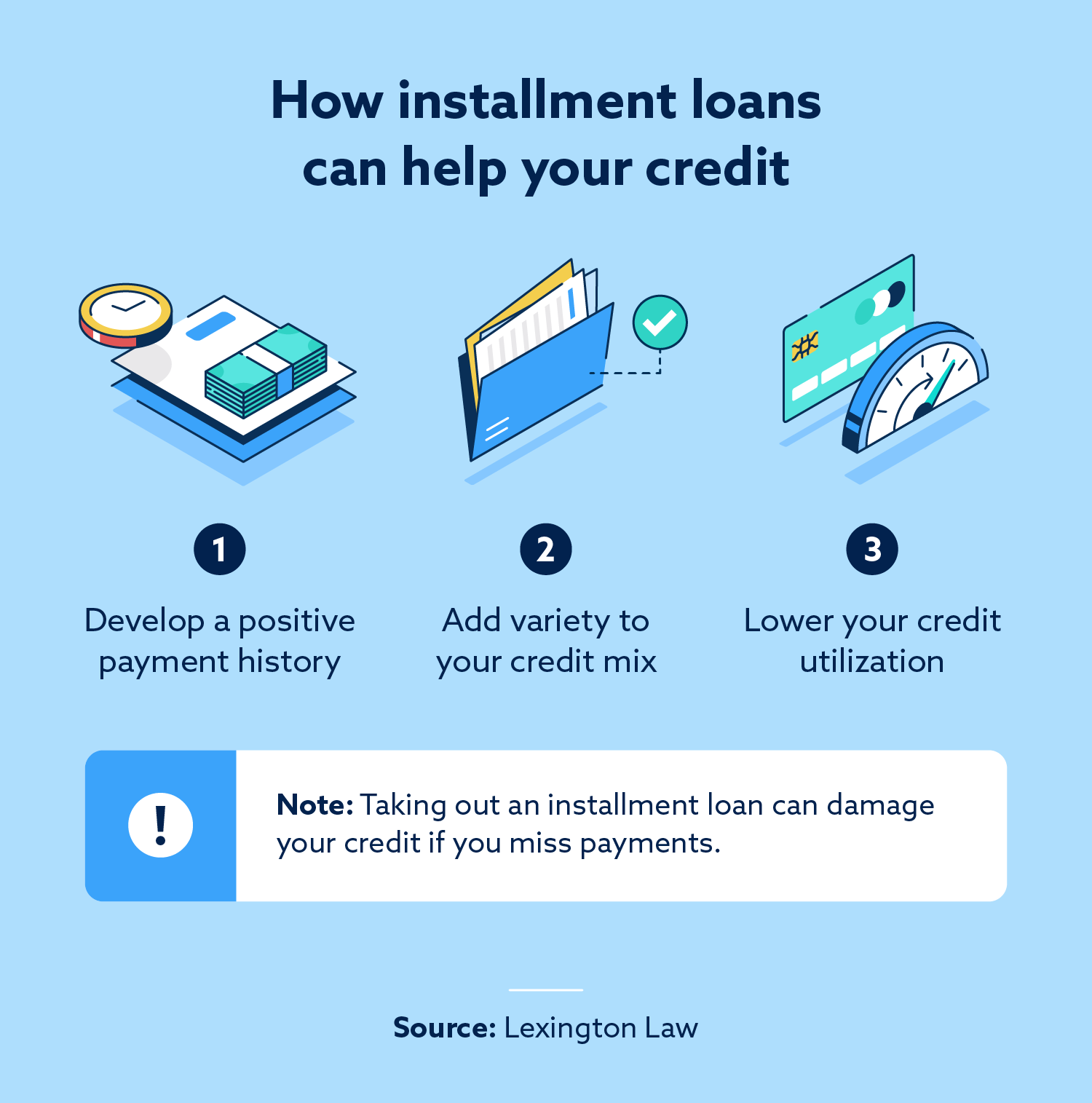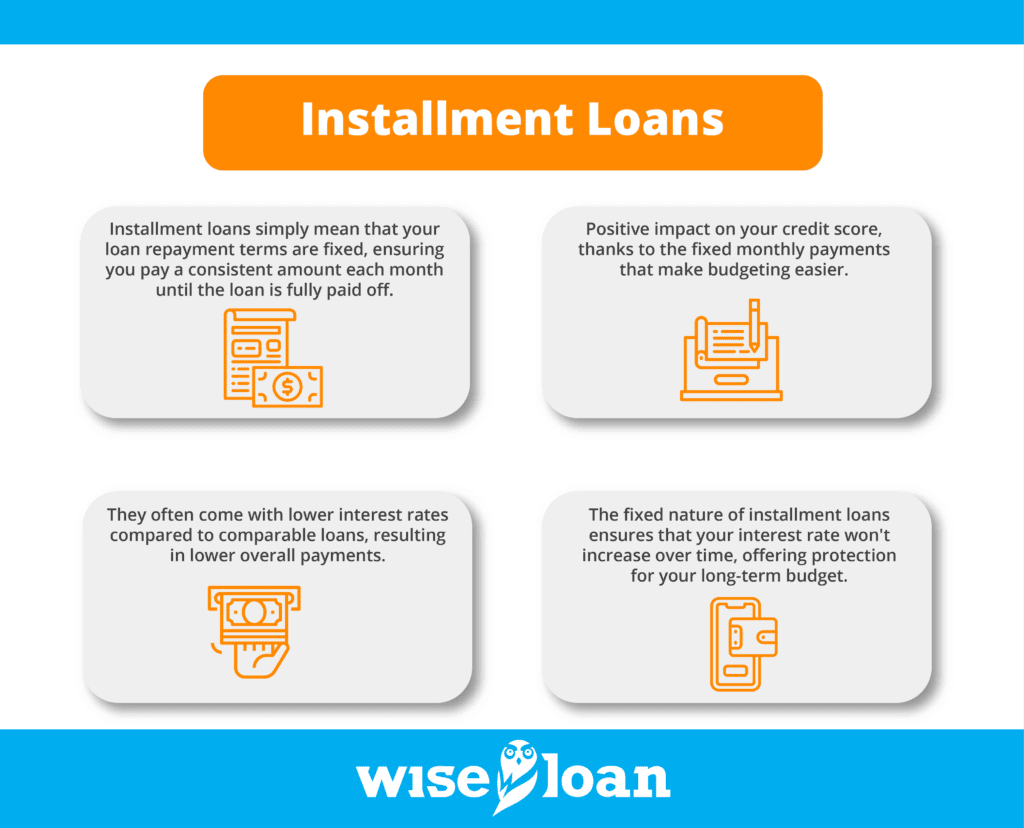The Ins and Outs of Loans: Browsing Your Financing Options With Self-confidence
Maneuvering the complex landscape of loans requires a clear understanding of numerous kinds and important terms. Numerous individuals discover themselves overwhelmed by options such as personal, automobile, and trainee loans, as well as vital ideas like rate of interest and APR. An understanding of these basics not only help in assessing monetary requirements however additionally boosts the loan application experience. There are significant elements and typical mistakes that borrowers should identify prior to continuing even more.
Understanding Different Kinds of Loans
Loans function as important financial tools that accommodate numerous needs and goals. Services and people can select from several types of loans, each created to fulfill details requirements. Personal loans, often unsecured, provide customers with funds for various individual expenditures, while automobile loans make it possible for the acquisition of lorries with secured funding.
Mortgage, or home mortgages, aid customers in acquiring property, commonly entailing long settlement terms and certain rates of interest. Pupil loans, aimed at moneying education, frequently come with reduced rate of interest and credit options till after college graduation.
For organizations, commercial loans supply needed capital for development, equipment acquisitions, or operational expenses. Additionally, cash advance loans provide quick money remedies for immediate needs, albeit with higher passion rates. Recognizing the various kinds of loans allows borrowers to make informed decisions that straighten with their economic objectives and scenarios.
Trick Terms and Principles You Need To Know
Recognizing key terms and concepts is important when steering loans. Rates of interest play a crucial duty in determining the price of borrowing, while different loan types provide to numerous economic demands. Experience with these elements can empower people to make enlightened decisions.
Interest Rates Clarified
Just how do interest prices impact loaning decisions? Rates of interest represent the cost of borrowing money and are an essential variable in monetary decision-making. A higher rate of interest increases the general cost of a loan, making loaning much less appealing, while lower rates can incentivize consumers to take on financial debt. Lenders usage rates of interest to minimize threat, showing debtors' credit reliability and dominating financial problems - Cash Advance. Fixed rate of interest continue to be constant throughout the loan term, supplying predictability, whereas variable prices can fluctuate, potentially bring about greater settlements with time. Additionally, understanding the annual percentage rate (APR) is important, as it includes not just interest however also any kind of linked charges, offering a thorough view of borrowing costs
Loan Keys In Overview
Maneuvering the landscape of loan types is critical for debtors looking for one of the most ideal funding alternatives. Understanding different loan kinds helps individuals make notified choices. Personal loans are typically unsecured, suitable for combining financial debt or financing personal jobs. Home loans, on the various other hand, are protected loans specifically for buying actual estate. Car loans serve a comparable purpose, financing automobile acquisitions with the automobile as collateral. Service loans satisfy business owners requiring capital for procedures or growth. Another choice, trainee loans, aid in covering instructional costs, typically with desirable repayment terms. Each loan kind presents unique terms, passion rates, and eligibility criteria, making it vital for consumers to assess their financial needs and capacities prior to committing.
The Loan Application Process Described
What steps must one take to successfully navigate the loan application process? Initially, people should assess their financial requirements and determine the kind of loan that lines up with those requirements. Next off, they should assess their credit scores record to confirm accuracy and recognize areas for enhancement, as this can impact loan terms.
Following this, borrowers have to collect necessary documentation, consisting of evidence of earnings, work background, and financial statements. As soon as prepared, they can come close to loan providers to ask about loan items and rate of interest.
After selecting a lender, finishing the application type properly is essential, as mistakes or noninclusions can delay processing.
Lastly, candidates need to await possible follow-up demands from the lender, such as added paperwork or information. By following these steps, individuals can enhance their chances of a efficient and smooth loan application experience.
Factors That Impact Your Loan Approval
When taking into consideration loan approval, a number of important elements come right into play. 2 of one of the most substantial are the credit history score and the debt-to-income proportion, both of which give loan providers with insight into the customer's economic security. Recognizing these aspects can greatly boost a candidate's possibilities of protecting the desired financing.
Credit Score Value
A credit score acts as an essential benchmark in the loan approval procedure, influencing lenders' perceptions of a debtor's monetary integrity. Usually varying from 300 to 850, a higher score indicates a history of responsible credit score use, consisting of prompt payments and reduced credit history use. Various factors add to this rating, such as payment history, size of credit rating, kinds of debt accounts, and recent credit report queries. Lenders use these scores to evaluate danger, establishing loan terms, passion prices, and the likelihood of default. A strong credit rating not only boosts authorization opportunities however can additionally bring about more positive loan conditions. Conversely, a reduced rating may result in greater interest rates or denial of the loan application altogether.
Debt-to-Income Ratio
Several loan providers take into consideration the debt-to-income (DTI) ratio a vital aspect of the loan approval process. This monetary statistics compares an individual's regular monthly financial debt settlements to their gross monthly earnings, supplying understanding right into their capacity to take care of extra financial debt. A reduced DTI ratio suggests a much healthier financial scenario, making consumers a lot more attractive to lenders. Factors affecting the DTI proportion include real estate costs, credit rating like it card balances, pupil loans, and various other recurring expenditures. Additionally, changes in revenue, such as promotions or job loss, can significantly affect DTI. Lenders usually like a DTI ratio listed below 43%, although this threshold can differ. Comprehending and handling one's DTI can enhance the opportunities of safeguarding favorable loan terms and rates of interest.
Tips for Managing Your Loan Responsibly

Typical Errors to Prevent When Obtaining a Loan

In addition, many people rush to approve the initial loan deal without comparing options. This can lead to missed possibilities for much better terms or reduced rates. Debtors must additionally prevent taking on loans for unneeded expenditures, as this can bring about long-term financial obligation problems. Disregarding to assess their credit history score can prevent their capacity to safeguard favorable loan terms. By understanding these challenges, consumers can make informed decisions and navigate the loan procedure with higher self-confidence.
Regularly Asked Concerns
Exactly How Can I Enhance My Credit Score Before Getting a Loan?
To enhance a credit score prior to applying for a loan, check my source one must pay costs in a timely manner, decrease superior debts, examine credit reports for errors, and stay clear of opening new charge account. Consistent monetary routines yield favorable outcomes.
What Should I Do if My Loan Application Is Denied?

Are There Any Type Of Charges Connected With Loan Early Repayment?
Loan early repayment costs may use, relying on the loan provider and loan kind. Some loans consist of charges for early settlement, while others do not. It is important for borrowers to evaluate their loan agreement for particular terms.
Can I Negotiate Loan Terms With My Lending institution?
Yes, consumers can negotiate loan terms with their loan providers. Variables like credit rating, repayment history, and market problems may affect the lending institution's desire to modify passion rates, settlement routines, or fees linked with the loan.
Exactly How Do Rates Of Interest Impact My Loan Repayments Gradually?
Rate of interest substantially affect loan settlements. Higher prices lead to enhanced monthly payments and overall passion prices, whereas lower rates lower these expenses, inevitably affecting the customer's general financial concern throughout the loan's period.
Numerous individuals discover themselves bewildered by choices such as individual, vehicle, and trainee loans, as well as crucial ideas like passion rates and APR. Rate of interest prices play an essential duty in identifying the expense of loaning, while various loan kinds cater to numerous monetary needs. A higher interest price increases the overall cost of a loan, making borrowing less appealing, while reduced prices can incentivize consumers to take on debt. Dealt with passion rates continue to be constant throughout the loan term, supplying predictability, whereas variable rates can change, potentially leading to greater repayments over time. Financing early repayment charges may apply, depending on the loan provider and loan kind.